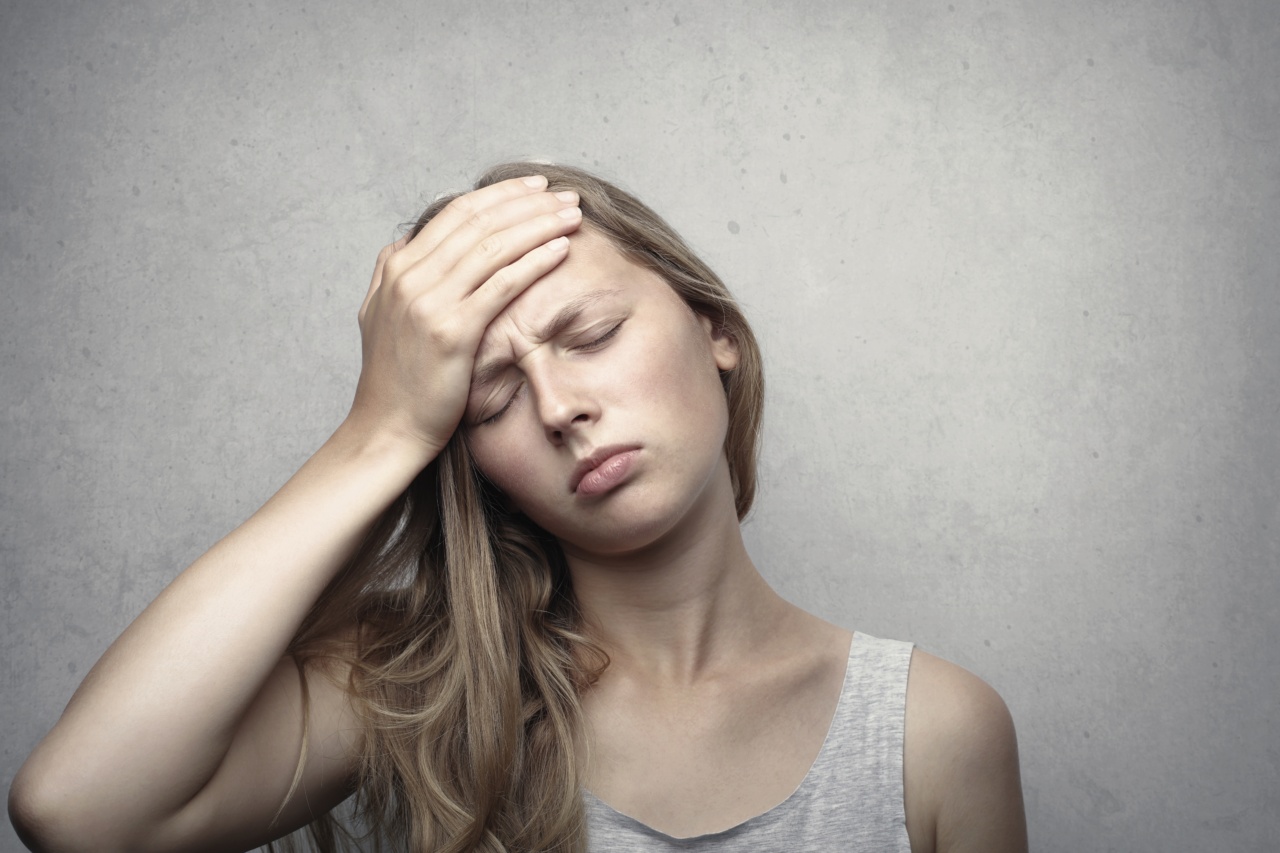Every day it seems like we’re more and more tired no matter how much sleep we get. Feeling drained, sluggish, and lacking energy has become the new normal for many people.
Not only does it affect your mood, but it also affects productivity in the workplace and everyday life. But why are we feeling so tired all the time? Here are ten common reasons why you might be feeling exhausted and some tips to boost your energy levels.
Reason #1: Lack of Quality Sleep
The most common reason for feeling tired is simply not getting enough sleep, or the sleep you are getting isn’t good quality.
Poor sleep habits, like staring at screens late at night, overstimulating your mind with work or stress, and snacking before bed, can negatively affect the quantity and quality of rest you get.
Tip: Create a calming pre-bedtime routine, invest in good bedding, keep your sleeping space dark and cool, and try to eliminate unnecessary electronics from your sleep environment.
A consistent sleep schedule is crucial, too, so work to build that into your routine.
Reason #2: Lack of Physical Activity
We know that exercise is essential for keeping your body healthy, but it’s also crucial for fighting fatigue. Without enough physical activity, your heart and muscles aren’t working as efficiently, giving you that sluggish feeling.
Tip: Even if you can’t commit to a grueling workout on the daily, try to sprinkle in light activity throughout your day. Take a brisk walk during your lunch break or find a quick yoga video to do in the morning.
Not only will this boost your energy levels, but it’ll also help improve your overall health.
Reason #3: Dehydration
Dehydration is a common reason for feeling tired and sluggish. As your body loses fluids, your blood volume drops and your heart has to work harder to pump blood, leaving you feeling drained.
Tip: Keep a water bottle close by at all times and aim to drink at least eight cups of water a day. You can also eat hydrating foods like watermelon, cucumber, and oranges to keep you hydrated.
Diet: Reason #4
Food is fuel, and if you’re not eating enough of the right kind of foods or not getting enough variety in your diet, your body might feel sluggish.
Tip: Be sure to eat nutritious foods with complex carbs, like leafy greens, whole grains, and lean proteins, to give your body the energy it needs to thrive.
Stress: Reason #5
Stress has a significant impact on not just your mental health but also your physical health. High stress levels can leave you feeling tired and drained.
Tip: Take breaks during the workday to decompress, try meditation or deep breathing exercises during your down time, and find ways to leave work-related stress at the office.
Reason #6: Lack of Sunlight
Without exposure to sunlight, our body’s natural sleep-wake cycle can become disrupted, leaving us feeling depleted.
Tip: Spend some time outdoors each day, even if it’s just for a few minutes. Open your shades or blinds at home during the day, or consider investing in a light therapy lamp to boost your exposure to light during the darker months.
Reason #7: Health Issues
Chronic fatigue and exhaustion can also be indicators of underlying health issues. Thyroid problems, anemia, sleep apnea, and depression can all contribute to feeling drained and fatigued.
Tip: If you suspect there may be underlying health issues, be sure to consult your healthcare provider.
Reason #8: Overconsumption of Caffeine
While caffeine can certainly offer a quick boost, too much of it can have a negative impact and leave you feeling drained.
Tip: Limit your caffeine intake to reasonable portions. Try to avoid caffeine consumption in the afternoon and evening so that it doesn’t affect your sleep cycle.
Reason #9: Alcohol Consumption
It’s no secret that too much alcohol can leave you feeling dehydrated and tired the next day. But even low to moderate alcohol consumption can disrupt your sleep and leave you feeling drained.
Tip: Try to limit your alcohol consumption and avoid it altogether at least two hours before bed. Be sure to drink plenty of water before and after consuming alcohol.
Reason #10: Lack of Rest and Self-Care
Lastly, but most importantly, it’s essential to treat yourself kindly and take care of your health and well-being if you’re feeling drained.
Tip: Be kind to yourself. Take time to rest when you need it, nourish your body with healthy food and good sleep habits, and remember that it’s okay to ask for help or support from those around you.
Wrap-Up
Having low energy levels can be a major hindrance in daily life, but with these tips, you’ll be on your way to feeling more energized and alert.
Remember, it’s essential to take care of your body and mind to keep your energy levels high and your overall health in check.































